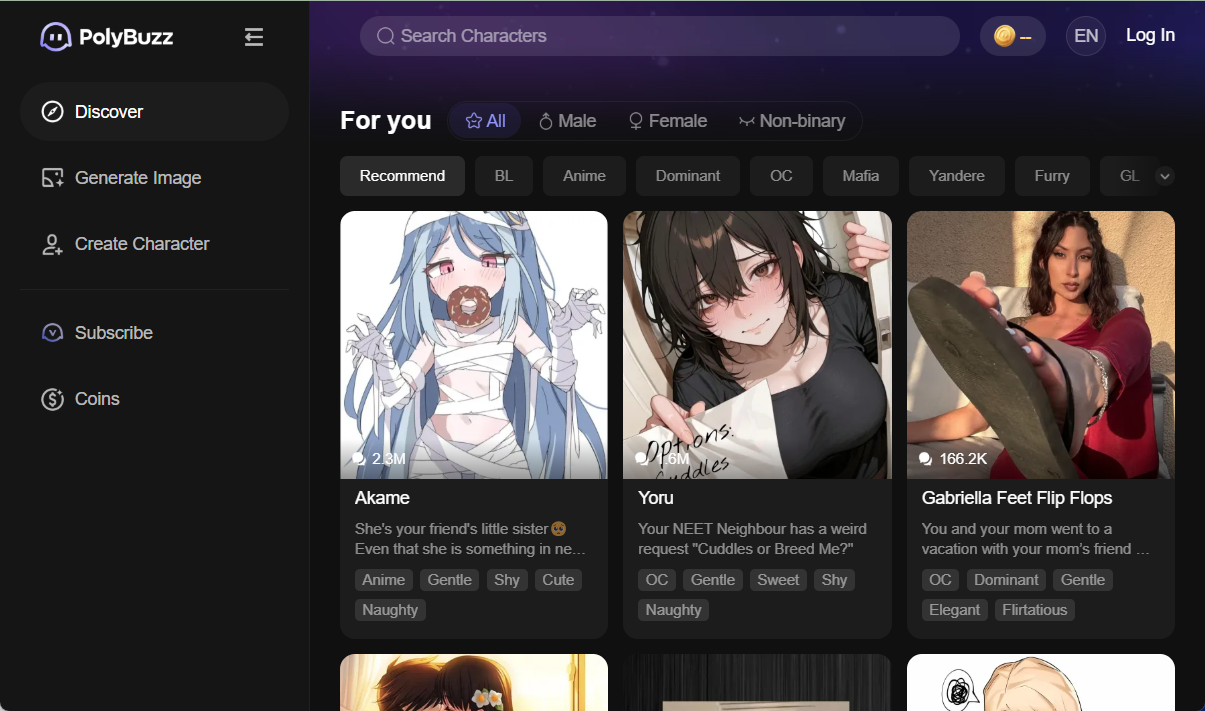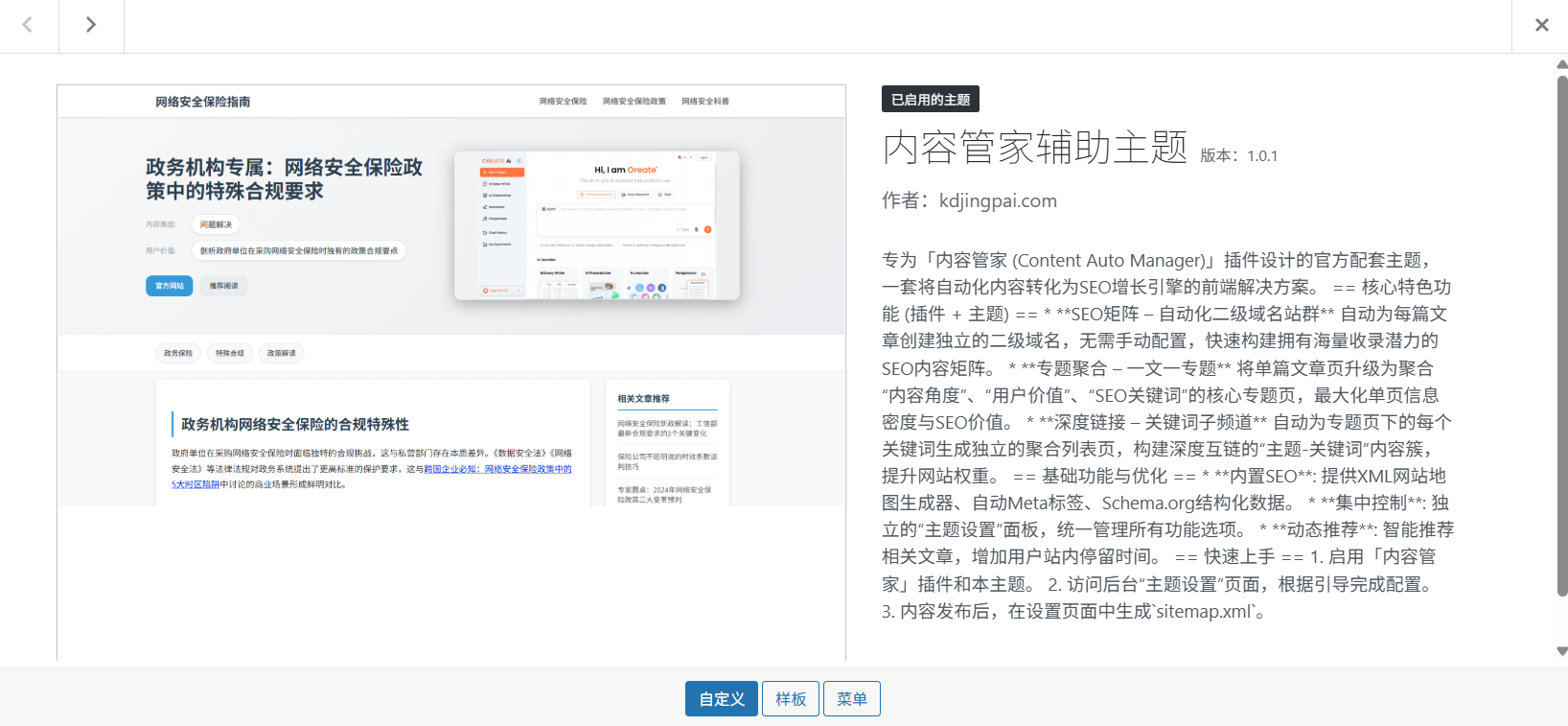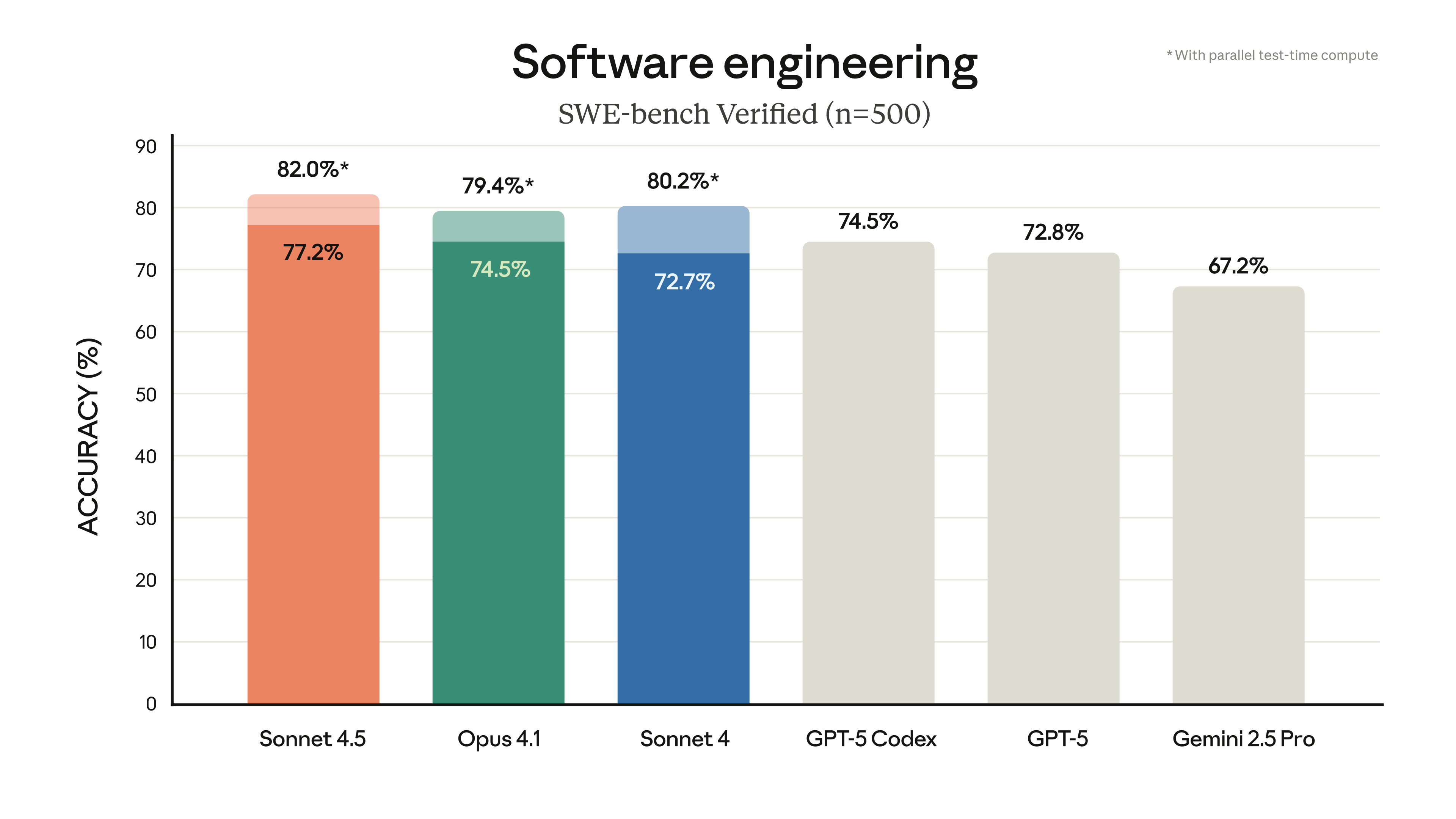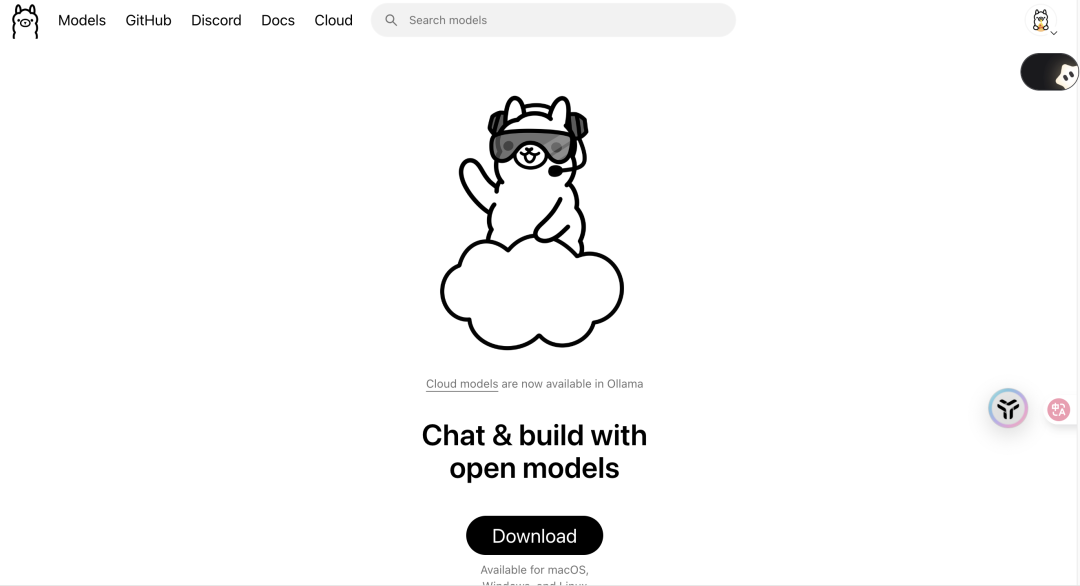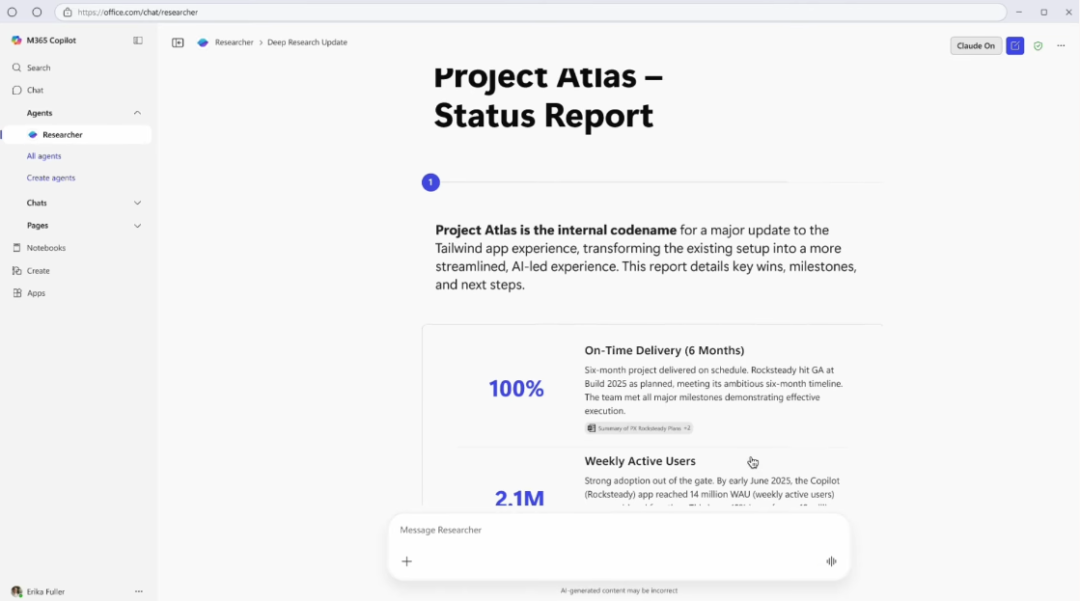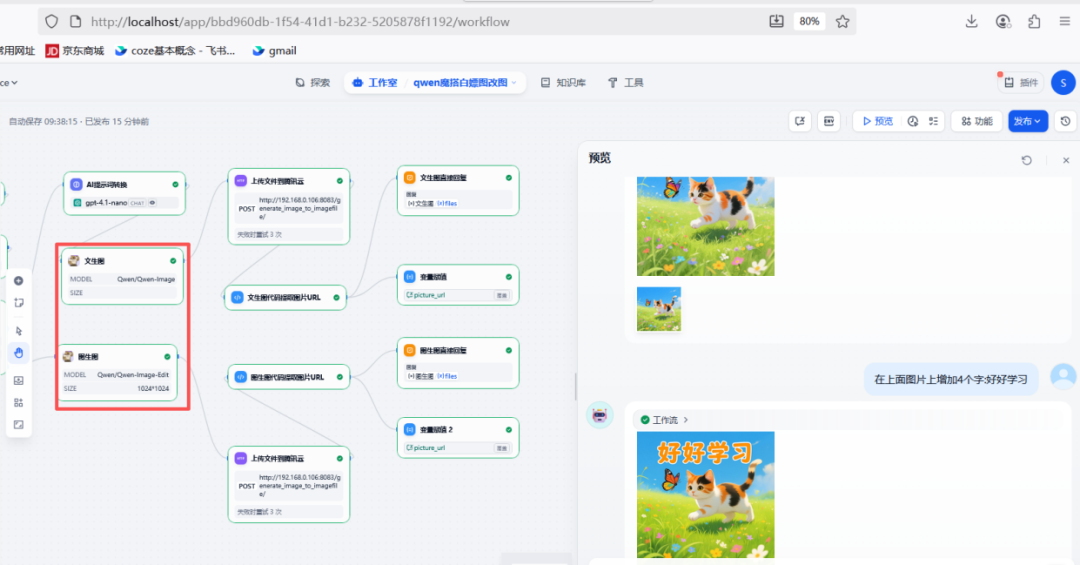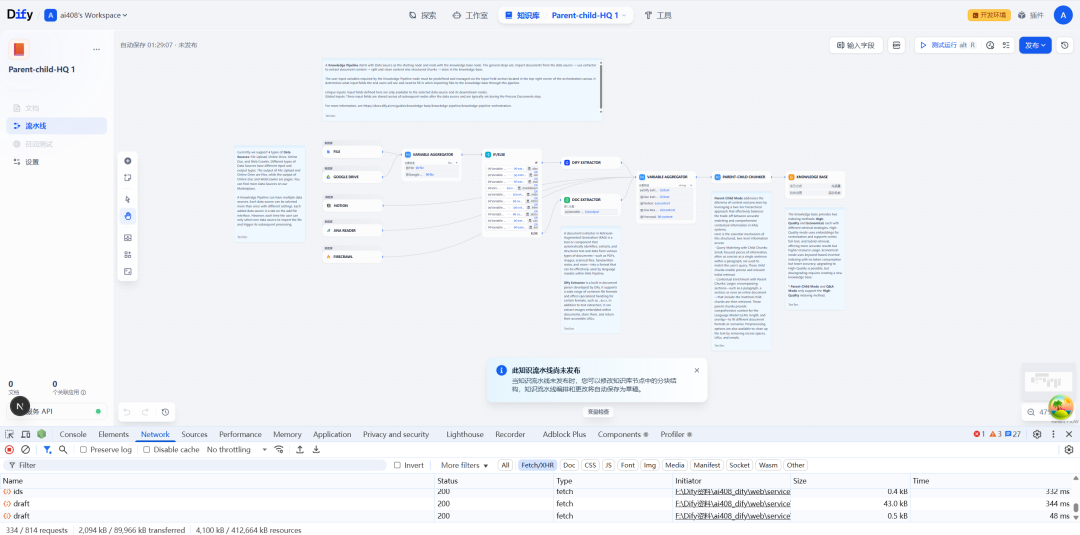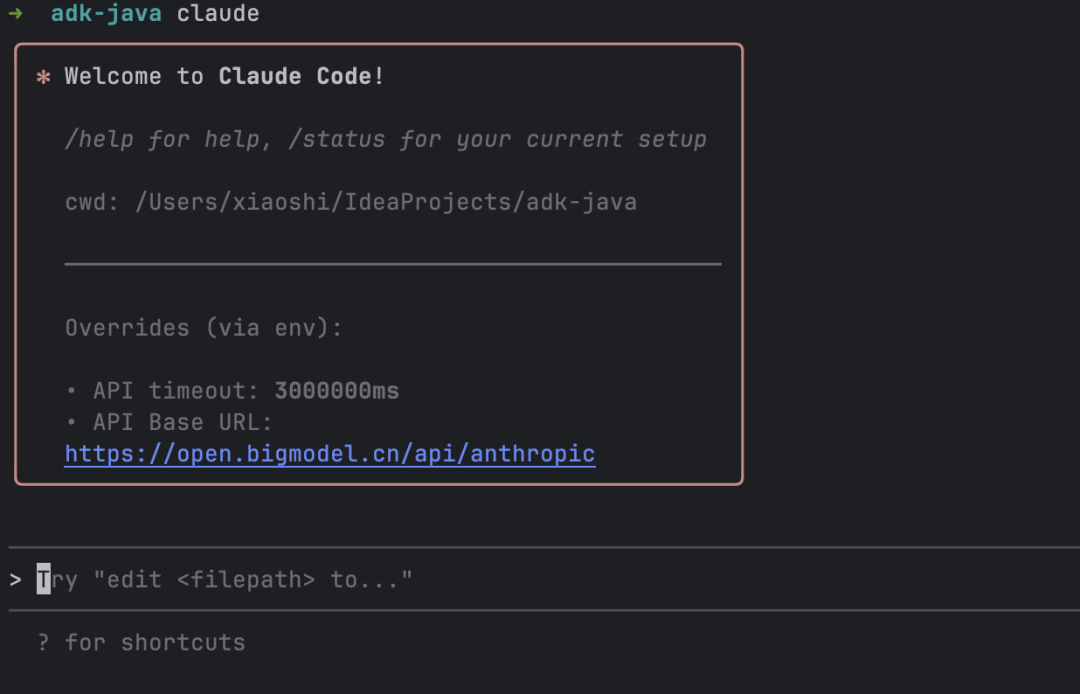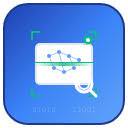Spegel's core strengths are:
- AI-enhanced parsing: Intelligently reorganizes content rather than simply stripping out formatting compared to traditional end browsers such as lynx.
- Cue word control: Users can deeply customize the content presentation logic, breaking through the limitations of fixed parsing rules.
- Multi-model support: AI models with different capabilities can be switched on demand (e.g. GPT-4 for complex pages)
- Interaction experience optimization: The Textual framework provides a more modern terminal UI than ncurses.
Limitations on use::
- Dependent on AI model API, offline environment requires deployment of local models
- Handles only static content, does not support JavaScript dynamically loaded pages
- Complexly formatted pages (e.g. online document editors) may not convert well
Recommended for use when you need to quickly extract core content or when browsing in a terminal environment, for web applications that require complete interaction you should choose a traditional browser.
This answer comes from the articleSpegel: using AI to transform web pages into an end-to-end browsing experienceThe






